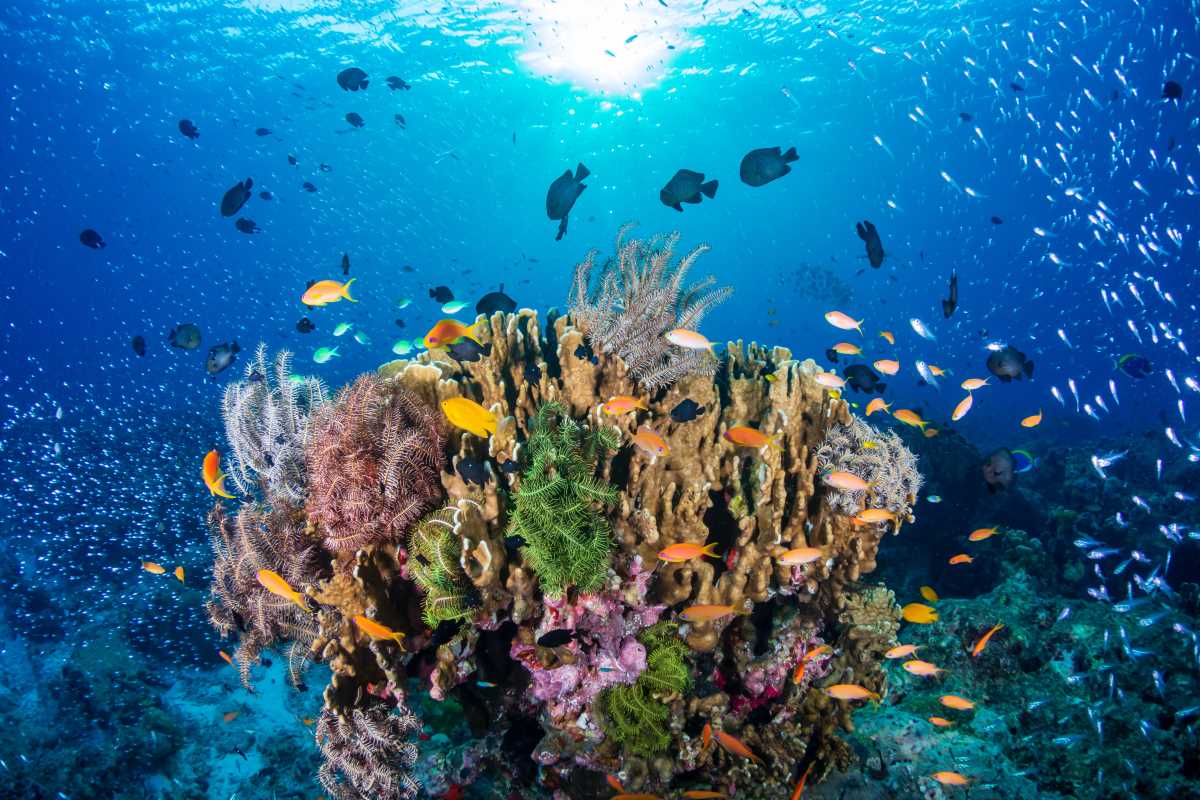Picture waking up surrounded by the vivid colors of a lively coral reef, with the gratifying knowledge that your efforts contribute to the preservation of this underwater wonder for future generations. Eco-volunteering provides travelers with a unique opportunity to dive into experiences that are both enriching and impactful. It combines the thrill of exploration with the fulfillment of supporting crucial conservation initiatives. As more individuals look for travel experiences that carry meaning, getting involved in coral reef conservation stands out as an enriching way to discover new places while leaving a positive mark on the world.
Understanding Coral Reefs
Coral reefs often receive the title of the rainforests of the sea, and for good reason. These stunning ecosystems host an incredible diversity of marine life, providing shelter and sustenance to countless species. Beyond their beauty, coral reefs play a crucial role in maintaining the health of our oceans. They protect coastlines from erosion, support fisheries that millions rely on for food, and contribute to the overall balance of marine environments.
Unfortunately, various factors, including climate change, pollution, and overfishing, threaten coral reefs. Rising sea temperatures cause coral bleaching, weakening these structures and making them more susceptible to disease. Understanding the significance of coral reefs marks the first step towards appreciating the need for their preservation.
Eco-Volunteering Basics
Eco-volunteering combines travel with environmental stewardship, allowing individuals to contribute directly to conservation projects. In coral reef conservation, eco-volunteers take on various activities that help restore and protect these ecosystems.
- Coral Restoration: Planting new coral fragments and tending to coral nurseries to help reefs recover from damage.
- Data Collection: Gathering essential information on reef health, marine species populations, and water quality.
- Education and Outreach: Raising awareness about the importance of coral reefs and educating local communities on sustainable practices.
- Pollution Control: Assisting in efforts to reduce marine pollution by removing debris and promoting cleaner waterways.
- Research Support: Assisting scientists in their studies to better understand reef ecosystems and develop effective conservation plans.
How to Get Involved
Embarking on an eco-volunteering journey to support coral reef conservation brings excitement and fulfillment. Here’s a simple guide to help you get started:
- Research Organizations: Look for reputable organizations that specialize in coral reef conservation and eco-volunteering programs.
- Select a Project: Choose a project that aligns with your interests, whether it’s hands-on coral planting or educational outreach.
- Prepare Academically and Physically: Depending on the project, you may need specific skills or physical fitness levels. Ensure you meet the requirements.
- Arrange Logistics: Plan your travel, accommodation, and any necessary permits or vaccinations well in advance.
- Pack Appropriately: Bring suitable gear, such as snorkeling equipment, eco-friendly clothing, and personal essentials for your volunteer stint.
- Commit to the Experience: Be prepared to dedicate the necessary time and effort to make a meaningful impact through your volunteer work.
Benefits of Coral Reef Conservation Volunteering
Participating in coral reef conservation through eco-volunteering offers numerous benefits, both personal and environmental. Personally, volunteers gain a deeper understanding of marine ecosystems and experience a sense of accomplishment from contributing to their preservation. The experience builds a connection with nature and can inspire lifelong commitments to environmental care.
From an environmental perspective, the efforts of eco-volunteers remain indispensable in combating the decline of coral reefs. By assisting in restoration projects and promoting sustainable practices, volunteers help ensure the resilience and longevity of these vital ecosystems. The data collected by volunteers also aids researchers in making informed decisions to protect marine environments effectively.
Related Eco-Friendly Travel Options
Beyond eco-volunteering, travelers can explore many ways to travel sustainably while supporting conservation efforts. One popular option involves staying at eco-resorts that actively engage in preserving natural habitats. These resorts often incorporate green practices such as solar energy usage, waste reduction, and providing guests with opportunities to participate in local conservation projects. Choosing eco-friendly accommodations allows travelers to minimize their environmental footprint while enjoying a comfortable and conscious travel experience.
Eco-friendly travel can also include activities like wildlife watching, sustainable hiking, and visiting protected areas that prioritize conservation. By making mindful choices, travelers can explore the world in a way that supports the health of the planet and its diverse ecosystems.
Volunteering for coral reef conservation enhances your travel experience while contributing to preserving marine life for future generations. Embrace eco-volunteering to make a meaningful difference and explore the wonders of our oceans.







